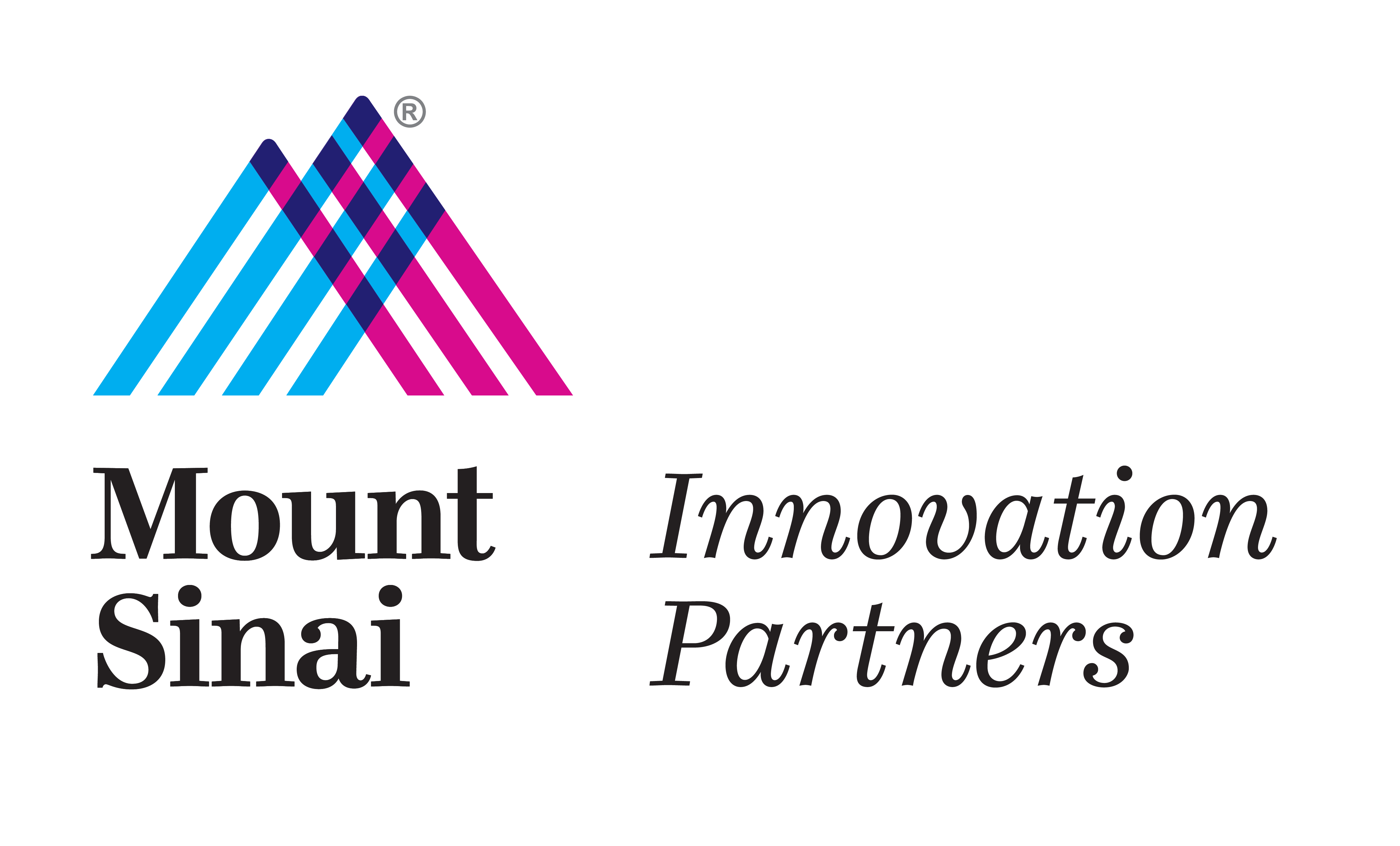Future of health: LifeMap grabs $5M, partners with Mount Sinai School of Medicine on big data-powered mobile health platform
May 07, 2014For better or for worse, we’re living in an era of near constant self-quantification. From wi-fi enabled bathroom scales, to activity monitoring wristbands, to personal DNA sequencing, consumers are gathering more data about their health and wellness than at any time in history. Add to this existing data sources like now-digitized medical records, and it’s possible to have a near-360 degree picture of a patient’s health.
The challenge with all this data, is that it rarely interacts, meaning that there are potentially significant personalized insights being missed for lack of analysis – analysis that can occur both in the overlap of disparate data sources related to a single individual, and within the macro datasets of entire populations. Fortunately, this problem is starting to get some serious attention
Today, publicly traded regenerative medicine (aka stem cell research) company BioTime announced a significant effort at making sense of all this personal health data. The company, through its biomedical knowledgebase subsidiary LifeMap Sciences, has formed a new entity called LifeMap Solutions and seeded the software venture with $5 million.
“Our focus is on the on aging US population and the chronic degenerative diseases that have come with this shift,” says BioTime CEO Mike West. “I was early into stem cells, which is a reparative strategy. But now we’re excited to begin navigating big data and genomes, which we believe has the power to be a preventative strategy.”
Early details are scarce, with the company disclosing only that it plans to create cloud-based mobile health products and services leveraging big data to “construct a holistic picture of an individual’s health.” The effort will be helmed by Netflix, Netscape, and CAMERON | PACE Group veteran Corey Bridges who became CEO of LifeMap Sciences at the beginning of this year.
“The biggest reason for the scantiness of details is that we’re taking a show don’t tell attitude about this,” Bridges says. But with internal excitement building around the project and with and BioTime’s own reporting requirements as a public company, the team made the decision to pull the curtain back, if only slightly.
Where things get interesting, and a whole lot more credible, however, is when LifeMap announces who it’s recruited to participate. LifeMap today announced a development partnership with The Icahn School of Medicine at Mount Sinai. The effort will be led by world-renowned researcher, Dr. Eric Schadt, founding director of the Icahn Institute for Genomics and Multiscale Biology, who has been named LifeMap’s lead science advisor. Dr. Schadt is highly regarded for his expertise on the “generation and integration of very large-scale sequence variation, molecular profiling, and clinical data in disease populations for constructing molecular networks that define disease states and link molecular biology to physiology,” the company writes in a statement today.
“We’re not just working remotely with Mt. Sinai, sending a few emails back and forth,” Bridges says. “We will have a team of people working in their facility, cheek to jowl. This is an honest to god co-development partnership.”
As for why such a solution is being built now, rather than five years in the past or in the future, Bridges points to a combination of new enabling technologies and consumer readiness that make this the perfect time for a big data-driven healthcare solution. “We’ve already seen mobile health and personalized medicine become mainstream, and that trend is only going to accelerate over the next five to ten years,” he says.
In a statement on today’s funding announcement, Bridges added:
In the mid-nineties, we saw the intersection of breakthrough technologies and cultural readiness that took the Internet into the mainstream and changed the world. A similar intersection of technology and culture is happening now with personal health and big data, where the impact on society may be as profound and as far-reaching as the Internet has been to the world.
LifeMap has built the bulk of the necessary technology, according to Bridges, and plans to release a beta version of its still-secretive product before the end of the year. The goal is to have a generally available commercial product in the market in early 2015.
Without more details, it’s hard to dissect the various strengths and weaknesses of LifeMap’s plan, but suffice it to say, making wellness data accessible and actionable for the layperson is no small task. Doing so in a way that compels them to pay for such a service, not to mention trust a company with their sensitive data is another very real challenge.
BioTime and Mt. Sinai have proven themselves capable of building out medical technologies, but creating consumer software products is an entirely different challenge. Bridges is confident that his prior experience and the team he plans to build using his Rolodex will enable LifeMap to “move at Internet speed,” in Bridge’s words.
It’s one thing to say it, and another to do it. We’ll see by the end of the year when the earliest versions of the company’s mobile product hits the market how nimble and innovative these legacy institutions have been.
“When [Biotime CEO] Mike [West] pitched me on his vision, it was incredibly compelling,” Bridges says. “It’s a huge, unmet market opportunity with the potential to make the world a better place. We think we can have the benefits of being a startup, but with the wider support structure of having a large parent company.”
Like most things, it sounds good when described in a vacuum. With judgement day still several months off, we’ll have to wait patiently to see if the result lives up to the hype.
Source: Michael Carney

